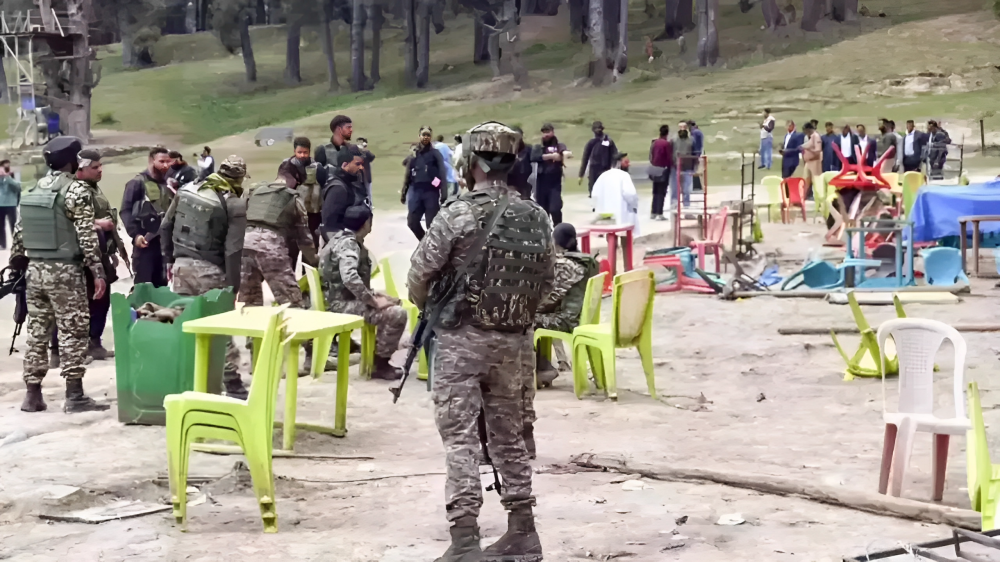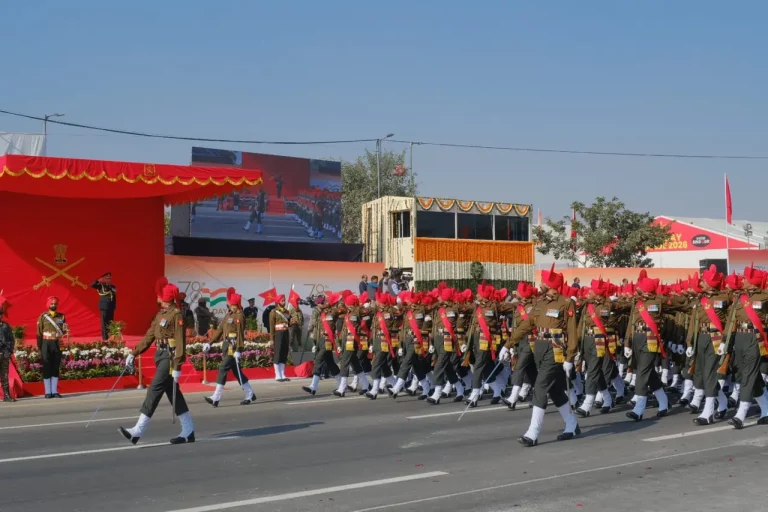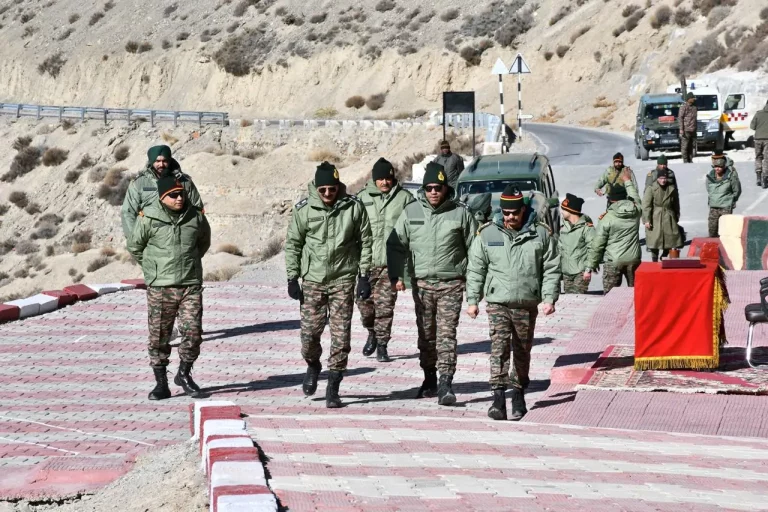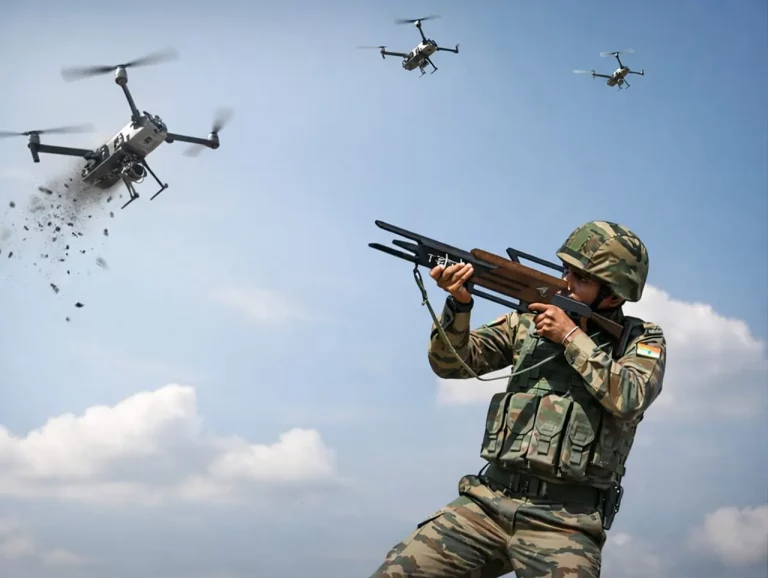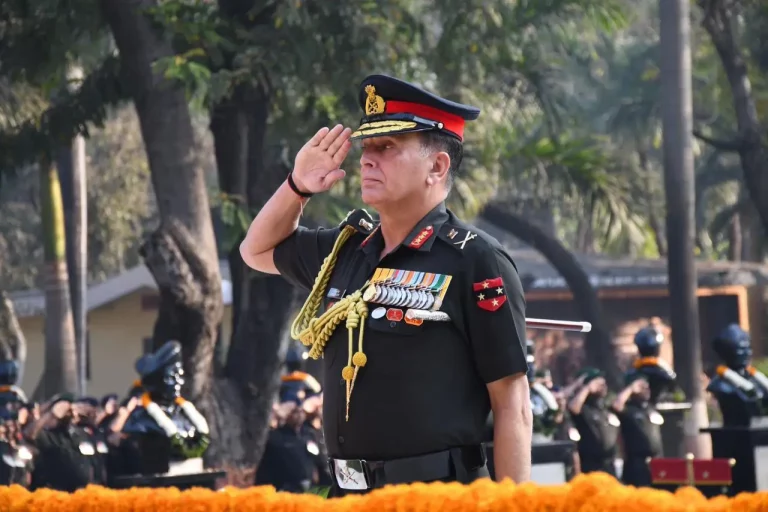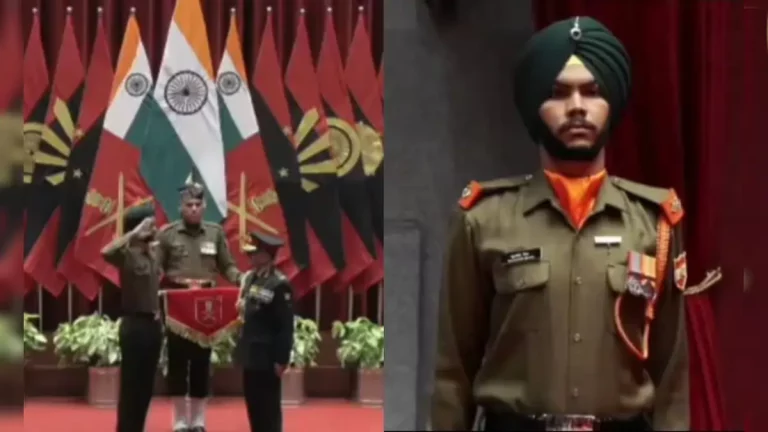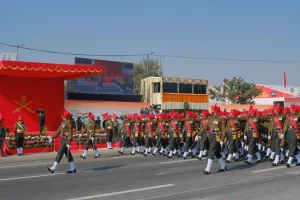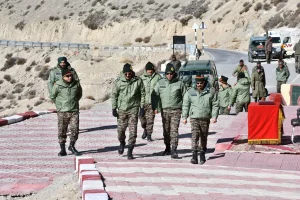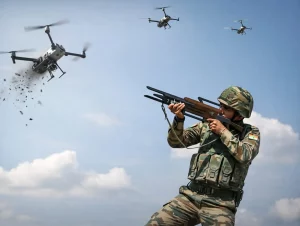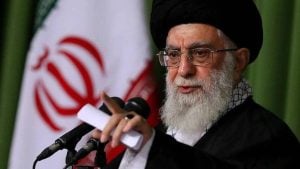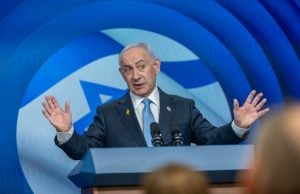In a notable diplomatic advancement for India, the recent United Nations Security Council report has for the first time officially connected The Resistance Front (TRF)—a proxy of the banned terrorist organization Lashkar-e-Taiba (LeT)—to the horrific April 22 terror attack in Pahalgam, Jammu and Kashmir, which resulted in the tragic loss of 26 civilian lives.
Released by the UN Security Council’s monitoring team responsible for overseeing sanctions against al-Qaeda and the Islamic State, the report highlights how TRF first claimed responsibility for the attack before retracting its statement days later. This tactic is often employed to evade responsibility and obscure acknowledgment of involvement in acts of terrorism.
On the date of the attack, which occurred at a popular tourist destination, five terrorists executed their assault in a well-coordinated manner, even releasing a photograph of the scene while initially taking credit. Shortly after, TRF retracted its claim, and no other organization came forward to accept culpability for the tragedy.
The report further indicates that two member states, believed to be India and the United States, confirmed the involvement of TRF in the massacre and emphasized that such an operation would not have been possible without the backing of Lashkar-e-Taiba. In contrast, Pakistan has denied these findings, reiterating its long-held position that LeT is no longer active due to domestic prohibitions against it.
This acknowledgment is particularly noteworthy because Pakistan had previously succeeded in removing all mentions of TRF and the Pahalgam incident from a Security Council press note shortly after the attack. However, Islamabad has failed to prevent TRF from being included in the current official report. Furthermore, China, which has often placed technical holds to protect Pakistani-backed groups, did not intervene this time around.
The report marks a significant moment, being the first in years to explicitly identify LeT and other Pakistan-based organizations as associated with violent activities in Kashmir. Security analysts indicate this undermines Islamabad’s ongoing attempts to disguise the operations of internationally proscribed terror organizations such as LeT and Jaish-e-Mohammed under benign names like TRF or the People Against Fascist Front.
Following the tragedy in Pahalgam, a senior Indian delegation traveled to the United States in mid-May to provide insights to the 1267 Sanctions Committee and UN counterterrorism officials. India also submitted a comprehensive intelligence dossier, building on earlier reports shared in November 2024 and warnings issued in December 2023.
The April 22 attack triggered a vigorous military response under Operation Sindoor, which commenced on May 7. This operation involved targeted drone and missile strikes across the Line of Control, resulting in a four-day exchange of fire prior to a ceasefire being reestablished on May 10.
The official naming of TRF in the UN report is viewed as a crucial step towards securing its classification as a global terrorist entity. This development strengthens India’s diplomatic stance and renews pressure on Pakistan to take action against the terror proxies operating from its territory.
